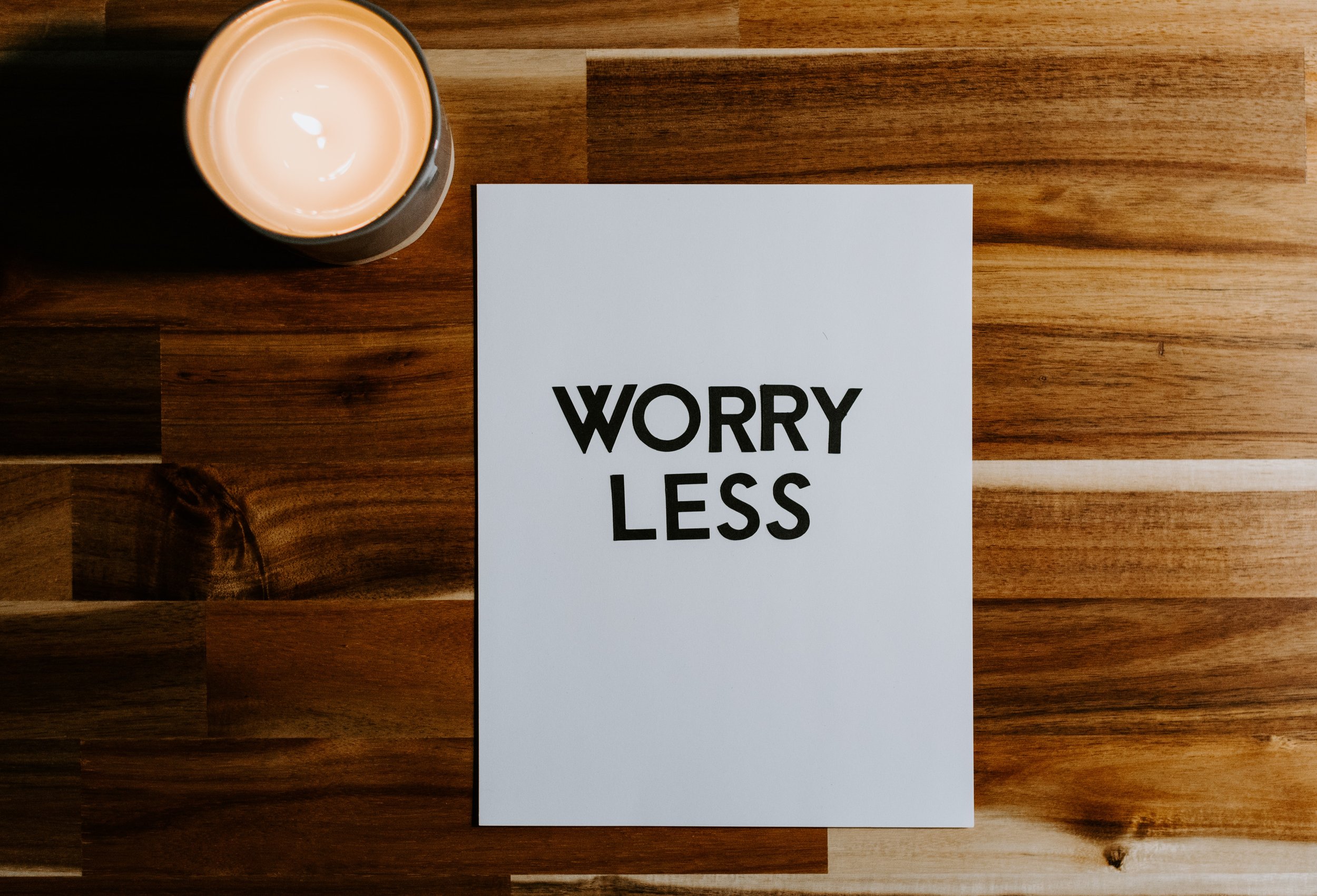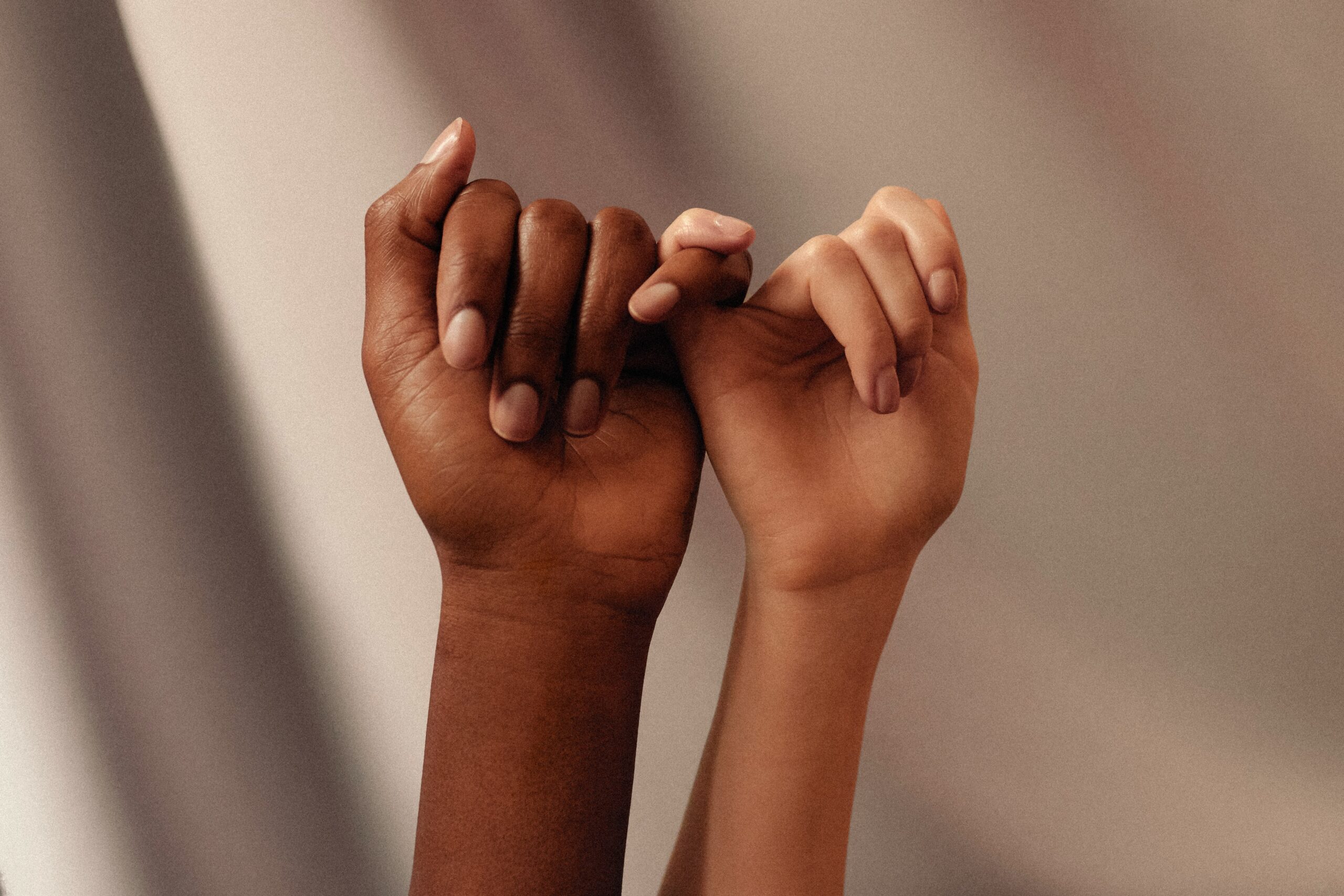THE BLOG

Being a parent and finding out that your child has been intentionally harming themselves without any intent to kill themselves can be bring up a range of emotions; it can be upsetting, difficult, and maybe even confusing. It is something that no parent ever wants to learn about their child. This can bring up many questions for a parent related to how to proceed or why this is happening. The following will help best answer these questions.
Dialectical Behavioral Therapy, or DBT, is a model of therapy that emphasizes skills-based interventions to help develop coping strategies and effectively manage moods. Sacred Self is one of the skills taught through DBT. This skill is a powerful tool for mindfulness, self-validation, and self-love. As we break down this skill, please try and envision what this would look like in your life.
Are you lazy or is this just plain old procrastination? In order to answer this complicated question, let’s first examine the definitions of both. Procrastination is defined as the act of delaying or postponing something. Laziness on the other hand is voluntarily choosing not to exert energy to complete something. Even though they sound similar, procrastination & laziness are not one in the same. Do you ever make a to-do list and then feel psychologically paralyzed when it’s time to begin? You are not alone. Many people get caught in a cycle of putting things off, which inevitably results in unwanted procrastination. The old saying goes, too many tomorrows & tomorrow never comes.

The 3-3-3 rule for anxiety is a technique that uses emotional grounding to reduce anxiety. The technique gets you to focus on the present, shifting your focus away from your worry. Negative thoughts tend to stem from the future or the past, so by focusing on the here and now, you can reduce your negative thoughts and gain some clarity. The 3-3-3 rule is a short exercise that you can use on a daily basis or during moments of high stress or anxiety.
Therapist Favorites
Explore a curated selection of blog posts recommended by our therapists, designed to provide valuable insights, practical tips, and expert advice on a variety of mental health topics.
MEET OUR THERAPISTS

Strange title, right? Everybody knows how to breathe! However, there may be more to breathing than we may realize. Everybody has gone through moments of nervousness and worry, be it when taking a test, thinking about the next sports game, or even choosing a gift for someone you care about. When feeling anxious or generally […]

When we think of having a healthy diet, we naturally think of how this will impact our body. What we often overlook is how our diet impacts our mental health. Research continues to support this idea that our very diet can leave us more susceptible to negative moods and even our overall mental health (Firth […]

It is never an easy process to acknowledge that we may be struggling. Oftentimes in our struggles, we may seek quick relief. Substances are a popular choice for finding this quick relief. Unfortunately, some may fall victim to the dark side of substances and face addiction. When we think of addiction in general, substances are […]
All Recent Posts

In my own experience, and in the experiences of many others I have spoken to, it can be difficult to find new friends or even socialize in general. The Covid-19 pandemic forced many of us into isolation and we are still dealing with it in many ways nearly three years later. At the same time, many of us are getting older and our friend, or ourselves, might feel distanced from long-time and childhood friends as we navigate conflicting work schedules and developing families of our own. Many of us may be moving hundreds or even thousands of miles away from our homes and friends or many of our friends might be doing the same. We may no longer be in school where socializing is convenient and encouraged and we may not be spending time wandering around our neighborhoods, meeting new people. Having a support network of friends, and socializing, is an important aspect to our mental health and well-being. So, what are some ways we can fulfill our need to socialize and maybe make some new friends?

Overthinking is a common struggle that can lead to increased anxiety, stress, and negative emotions. Most thoughts and feelings are very temporary. However, it is the chain of thoughts and emotions we may engage in that causes these undesired feelings to outstay their welcome. If you struggle with overthinking, you are not alone; there are several strategies you can use to reduce or eliminate habits of overthinking and improve your mental well-being.

Strange title, right? Everybody knows how to breathe! However, there may be more to breathing than we may realize. Everybody has gone through moments of nervousness and worry, be it when taking a test, thinking about the next sports game, or even choosing a gift for someone you care about. When feeling anxious or generally […]

When we think of having a healthy diet, we naturally think of how this will impact our body. What we often overlook is how our diet impacts our mental health. Research continues to support this idea that our very diet can leave us more susceptible to negative moods and even our overall mental health (Firth […]

It is never an easy process to acknowledge that we may be struggling. Oftentimes in our struggles, we may seek quick relief. Substances are a popular choice for finding this quick relief. Unfortunately, some may fall victim to the dark side of substances and face addiction. When we think of addiction in general, substances are […]

Relationships take effort, whether with a partner, friend, family member, or coworker. Conflicts arise naturally from our differences, but the key isn’t always immediate problem-solving—it’s understanding. Learn how to navigate relationship challenges more effectively.

Overthinking is a common struggle that can lead to increased anxiety, stress, and negative emotions. Most thoughts and feelings are very temporary. However, it is the chain of thoughts and emotions we may engage in that causes these undesired feelings to outstay their welcome. If you struggle with overthinking, you are not alone; there are several strategies you can use to reduce or eliminate habits of overthinking and improve your mental well-being.
LOOKING FOR MORE ON

LOOKING FOR MORE ON
We all know the classic symptoms of ADHD. We understand that it can be hard for someone to focus and concentrate on their work. They may be more hyperactive, impulsive, and distractible. It is easier to identify ADHD in males earlier in life because they struggle to sit still, talk a lot in class, and struggle to follow along with the class. This does not help women who may not be as easy to recognize ADHD symptoms and they can go a long time without receiving the help they could truly benefit from. If you go to receive help because you wonder why your mind races, it is hard to initiate work, and stay focused, it can be misidentified as anxiety or depression. Did you know what anxiety and depression can be a secondary reaction experience to a primary ADHD diagnosis?

LOOKING FOR MORE ON
Many people struggle with lower moods, sadness, lack of motivation, or worse when winter time comes. The cold and gloomy days can be difficult to navigate when you are someone who feels much more energized and brightened by the sun. You might have heard about seasonal affective disorder, or are just someone who feels different during this time of year. Whether you have been diagnosed with an official disorder, or are generally struggling with your mental health, such as anxiety, depression, or more, seasonal changes can be difficult for many people. If you are an active person and enjoys the outdoors, winter time can limit some of those opportunities. It can be chillier to run or to hike, the beach is less enjoyable, the wind and snow can pierce through your jacket even if you try to get out of the house. That can be a common mindset if you are not someone eager for snow-based activities lie skiing or snowboarding. How can we cope and feel more ambivalent about this time of year? The holiday cheery and energy has subsided, gathering’s aren’t as common, some people can get lost with what to do.